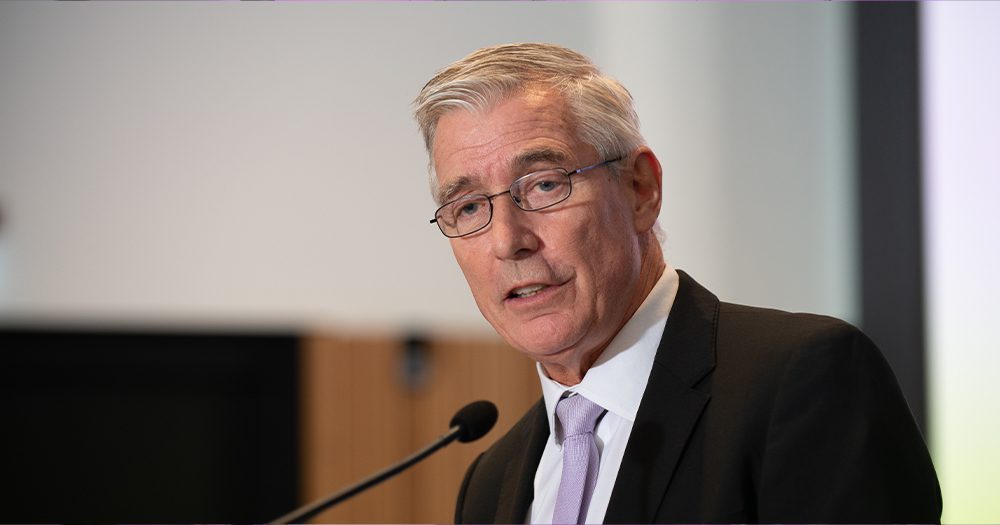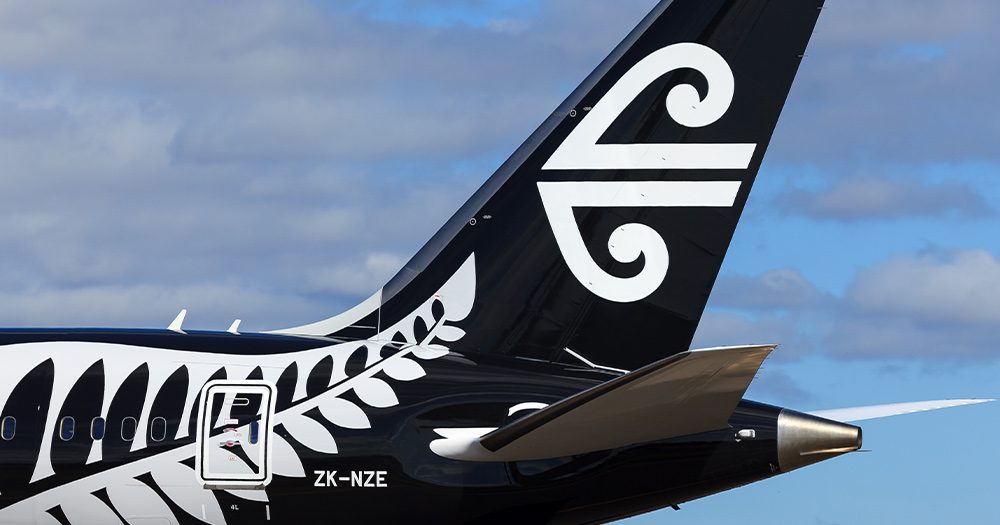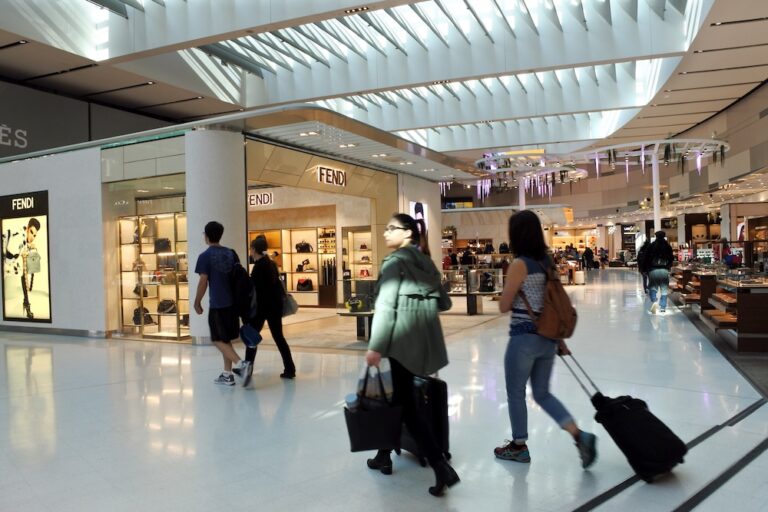Air New Zealand is removing its 2030 science-based carbon intensity reduction target and will withdraw from the Science Based Targets initiative (SBTi), citing challenges outside its control.
New Zealand’s national carrier said in a media release that, after “careful consideration,” it would remove its 2030 science-based carbon intensity reduction target and withdraw from the Science Based Targets initiative (SBTi).
Air New Zealand had adopted a 2030 target to cut its emissions by almost 29 per cent in 2022.
The airline said complex factors such as the availability of new aircraft, the affordability and availability of alternative sustainable aviation jet fuels (SAF), and global and domestic regulatory and policy support are “outside the airline’s direct control and remain challenging.”
The decision makes it the first major carrier to back away from its climate target.
Announcing the significant pushback, CEO Greg Foran explained, “In recent months, and more so in the last few weeks, it has also become apparent that potential delays to our fleet renewal plan pose an additional risk to the target’s achievability.

“It is possible the airline may need to retain its existing fleet for longer than planned due to global manufacturing and supply chain issues that could potentially slow the introduction of newer, more fuel-efficient aircraft into the fleet. As such and given so many levers needed to meet the target are outside our control, the decision has been made to retract the 2030 target and withdraw from the SBTi network immediately.
“Work has begun to consider a new near-term carbon emissions reduction target that better reflects the challenges related to aircraft and alternative jet fuel availability within the industry,” said Foran.
The decision follows several significant steps Air New Zealand has taken towards decarbonising its operations. In March 2023, it announced the purchase of the ALIA, an all-electric aircraft, as part of its Flight NZ0 Mission Next Gen Aircraft program. This initiative aims to introduce lower-emission aircraft into its fleet, with the ALIA expected to join by 2026.
In April 2023, the airline took another step on its decarbonisation journey by integrating advanced technologies and sustainable practices into their operations. This included collaboration with various organisations to explore innovative solutions for reducing their environmental impact.
In May 2023, Air New Zealand received its first intake of sustainable aviation fuel (SAF) in Aotearoa.
The aviation industry is estimated to produce around 2 per cent of global carbon dioxide emissions, which airlines have been trying to reduce by replacing older aircraft and using fuel from renewable sources such as SAF.
However, SAF remains expensive, costing three times as much as traditional fossil-fuel-produced jet fuel, and currently, industry-sized production of SAF is still in its infancy. Recently, McKinsey suggested in a report that demand for SAF could outpace supply by 2030 without a significant increase in production.
With jet fuel historically accounting for 20 to 30 per cent of operational costs, airlines voluntarily adopting SAF blend-rate targets of 10 per cent by 2030 would need to pass on 4 to 6 per cent of total cost increases to customers via green premiums, depending on where the airlines are based and what support mechanisms are in place.
Lufthansa Group, for example, introduced an environmental cost surcharge in June 2024, which was applied to all departures from EU-27 countries.
Air New Zealand Chair Dame Therese Walsh said, “Air New Zealand remains committed to reaching its 2050 net zero carbon emissions target. Our work to transition away from fossil fuels continues, as does our advocacy for the global and domestic regulatory and policy settings that will help facilitate Air New Zealand, and the wider aviation system in New Zealand, to do its part to mitigate climate change risks.”
The question now is, will Air New Zealand’s decision green-light other carriers to follow suit?
For more info on Air New Zealand’s carbon reduction programme, head to airnewzealand.com






